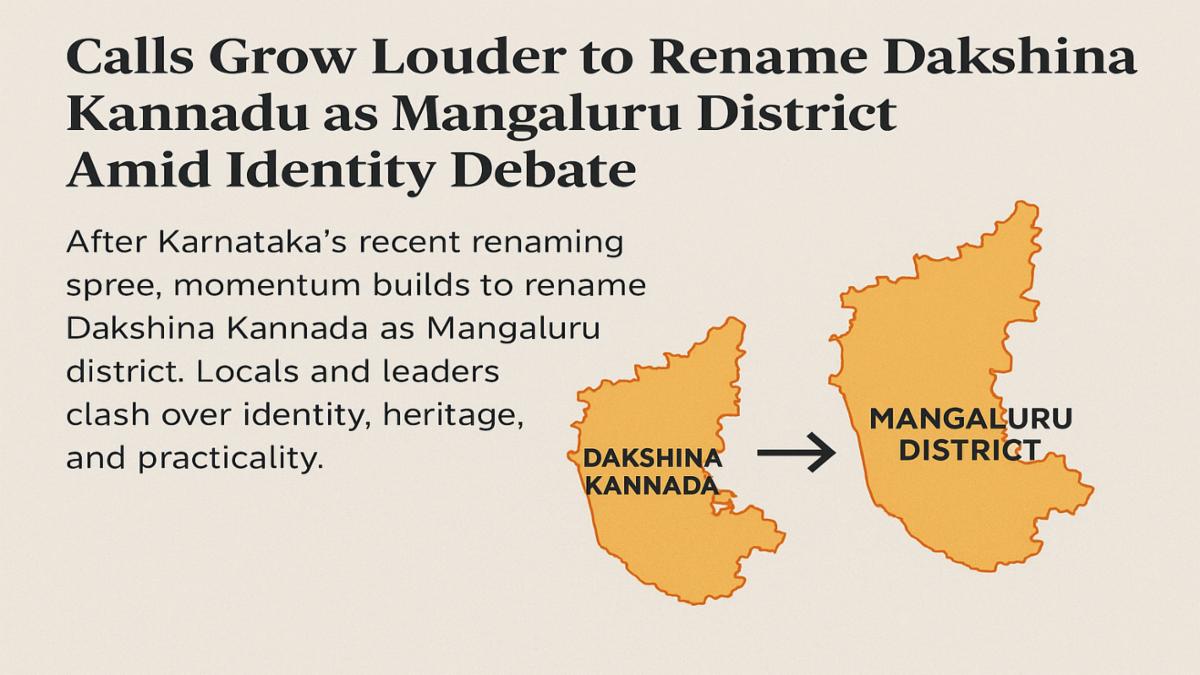Article Body
“Don’t Time-Lock Our Traditions”: MLAs Slam 11:30 PM Festival Curfew in Coastal Karnataka
By Staff Correspondent | Mangaluru, July 9, 2025
They say faith knows no clock. But this year, it seems the festivities in Dakshina Kannada might have to.
In what’s turning into a politically charged debate ahead of the festive season, MLAs from the coastal region have taken a strong stand against the district police's decision to enforce an 11:30 p.m. deadline on religious celebrations — including the deeply cultural Mosaru Kudike during Sri Krishna Janmashtami and idol immersion processions of Ganeshotsava and Navaratri.
At the heart of the resistance is a sentiment that spans generations: traditions don’t punch out at midnight.
The controversy surfaced during a DISHA (District Development Coordination and Monitoring Committee) meeting held in Mangaluru on Tuesday, where Mangaluru City North MLA Y. Bharat Shetty voiced what many in the community were already murmuring: “This deadline doesn’t just restrict noise; it restricts emotion, unity, and spirit. You can’t time-box devotion.”
Others nodded in agreement, especially as MP Capt. Brijesh Chowta presided over the session. The consensus was loud, even if the upcoming events might be forced to stay quiet after midnight.
What’s more, festivals like Mosaru Kudike — which often peak post-midnight with street parades, vibrant processions, and spontaneous cultural performances — would be stripped of their core identity if squeezed into a government-approved window.
Of course, there’s another side to the story.
Police officials point to complaints from residents about blaring speakers, traffic bottlenecks, and safety concerns — especially when large crowds spill into public roads well past midnight. Not to mention, it’s exam season for many schoolkids.
But here’s where it gets complicated: How do you balance public order with cultural heritage that thrives on chaos and energy?
It’s not the first time this conversation has flared up, but this year, with security concerns rising and a relatively new political setup in place, the administration may be more inclined to lean on caution.
FAQs:
Q1. What is the 11:30 p.m. curfew for festivals in Dakshina Kannada?
The district police have proposed a restriction on public celebrations extending beyond 11:30 p.m., citing noise control, law and order, and public safety concerns during the upcoming festival season.
Q2. Which festivals are most affected by this rule?
Key coastal festivals like Mosaru Kudike (linked to Sri Krishna Janmashtami), Ganeshotsava, and Navaratri immersion processions are likely to be impacted due to their typically late-night public celebrations.
In a place where devotion dances through the night, wrapping festivals in red tape was bound to spark resistance. Whether the curfew holds or bends, one thing is clear — the people of Dakshina Kannada aren’t ready to wind up their traditions by the stroke of 11:30.

Comments